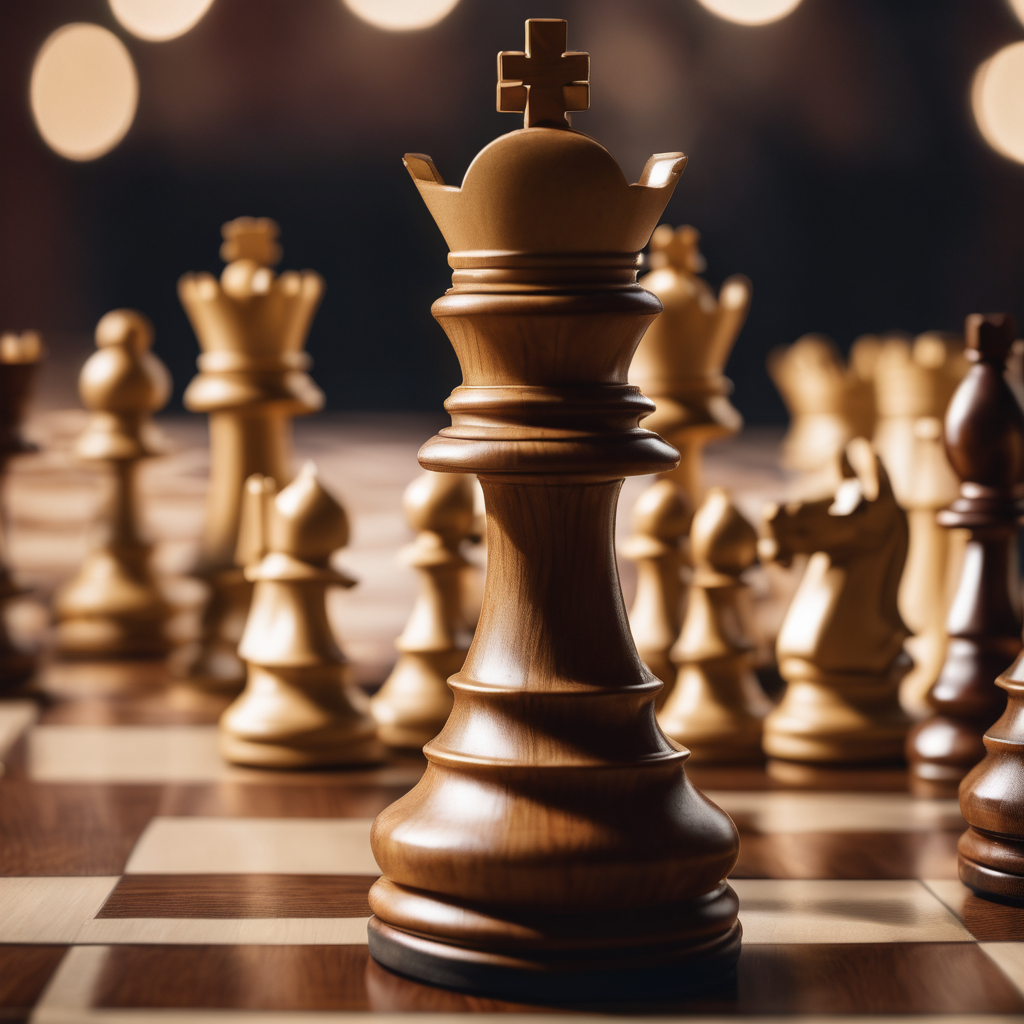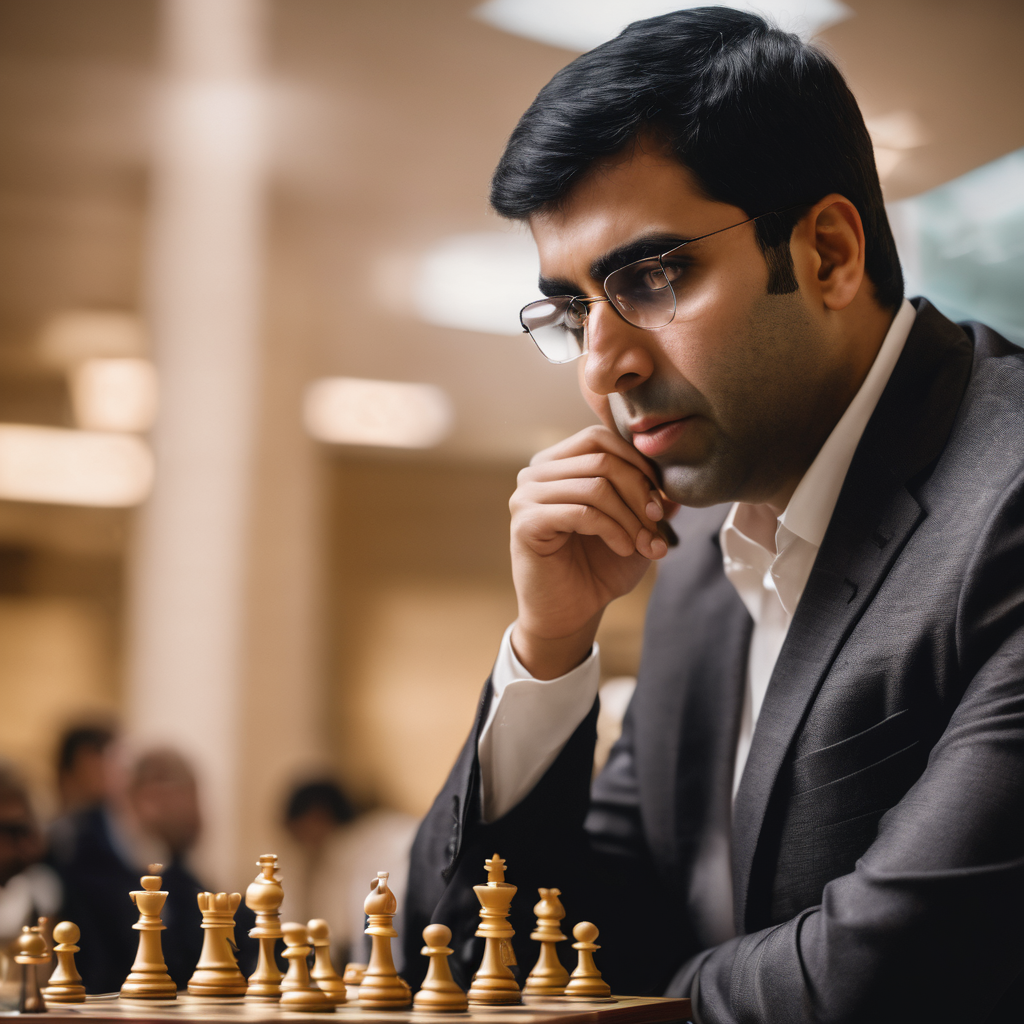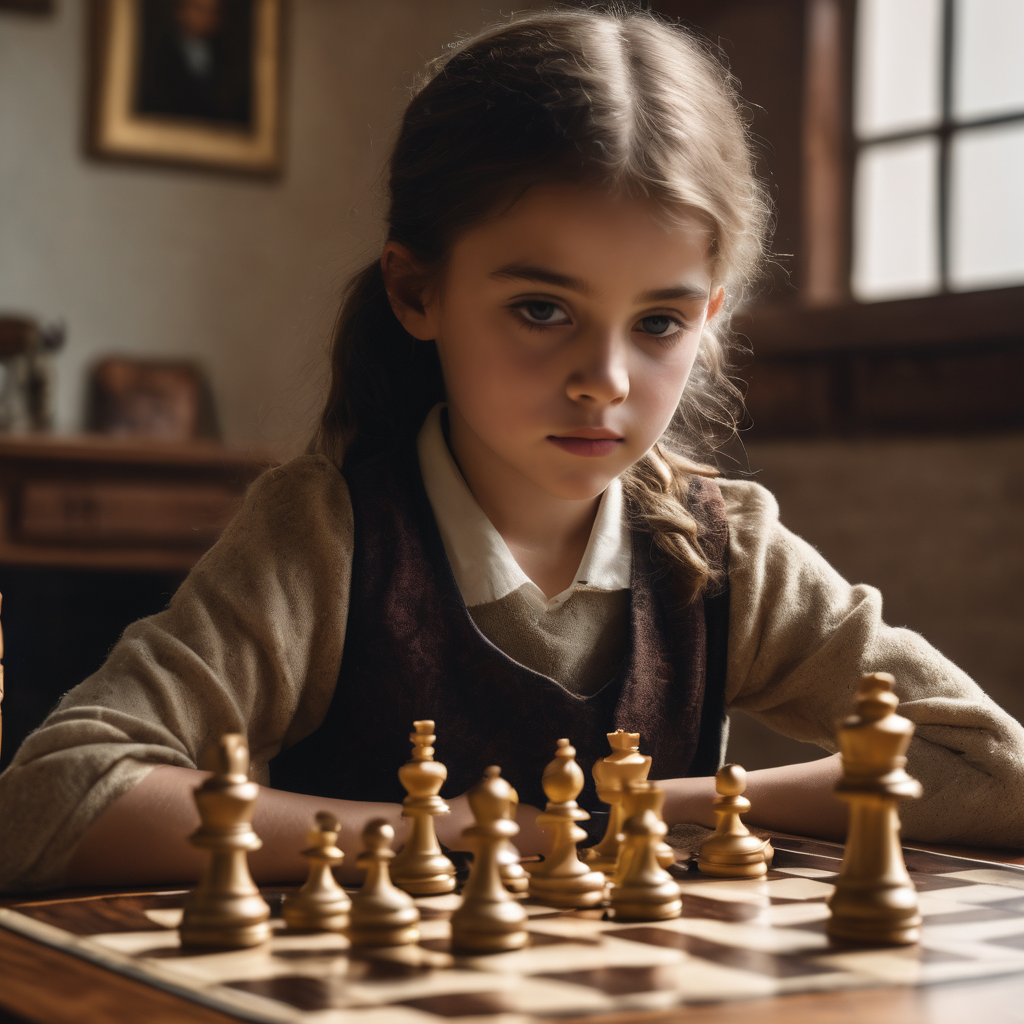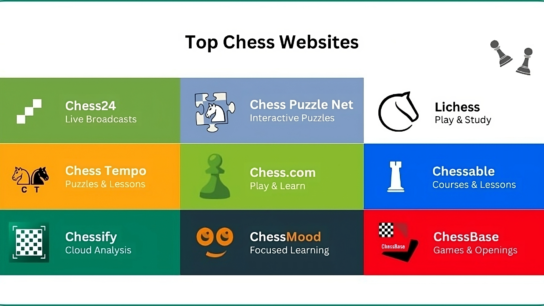Chess is a timeless game that has captured the hearts and minds of people around the world for centuries. Its origins can be traced back to ancient India, where it was known as Chaturanga, played as early as the 6th century. Initially, Chaturanga was a war strategy game with pieces representing the four divisions of the Indian military – infantry, cavalry, elephants, and chariots.
Chess gained popularity in medieval Europe, and by the 15th century, it had evolved into the recognizable form we know today. The modern chess pieces – king, queen, bishop, knight, rook, and pawn – took on their current moves and characteristics during this period. The queen, for instance, gained the powerful ability to move any number of squares diagonally.
As the game spread through Persia, it underwent changes and became known as Shatranj. By the 7th century, Islamic scholars had translated Indian texts on Chaturanga into Arabic, preserving and disseminating the game’s strategies across the Islamic world. From there, it made its way to Europe through trade and cultural exchanges.
During the Renaissance, chess became a symbol of intellectual prowess and strategic thinking. The game’s appeal transcended social and cultural boundaries, reaching all levels of society. The first recorded chess tournament took place in 1575 in Madrid, marking a significant step in the game’s organized competitive history.
In the 19th century, chess underwent further standardization and the establishment of international rules. The formalization of chess openings and the publication of renowned chess literature, like Wilhelm Steinitz’s “The Modern Chess Instructor,” contributed to the game’s strategic depth.
The 20th century saw the emergence of chess prodigies and grandmasters, with players like Bobby Fischer and Garry Kasparov achieving global fame. Chess became a Cold War battleground, as the Soviet Union dominated the chess scene for decades. In 1997, IBM’s Deep Blue made history by defeating world champion Garry Kasparov in a six-game match, showcasing the potential of artificial intelligence in mastering complex games.
Today, chess remains a beloved pastime, with millions of enthusiasts, professional players, and online platforms dedicated to the game. Its rich history reflects the evolution of societies, cultures, and strategic thinking across the ages.
- Teenager Defeats Magnus Carlsen in 3 Chess Games!
- Navigating the Chessboard: Top 10 Chess Websites for Enthusiasts
- Lightning Strikes: The Top 10 Fastest Checkmates
- Mastering the Game: 7 Fundamental Rules to Play Chess Like a Pro
- Understanding Elo Points in Chess: A Guide to Improvement









